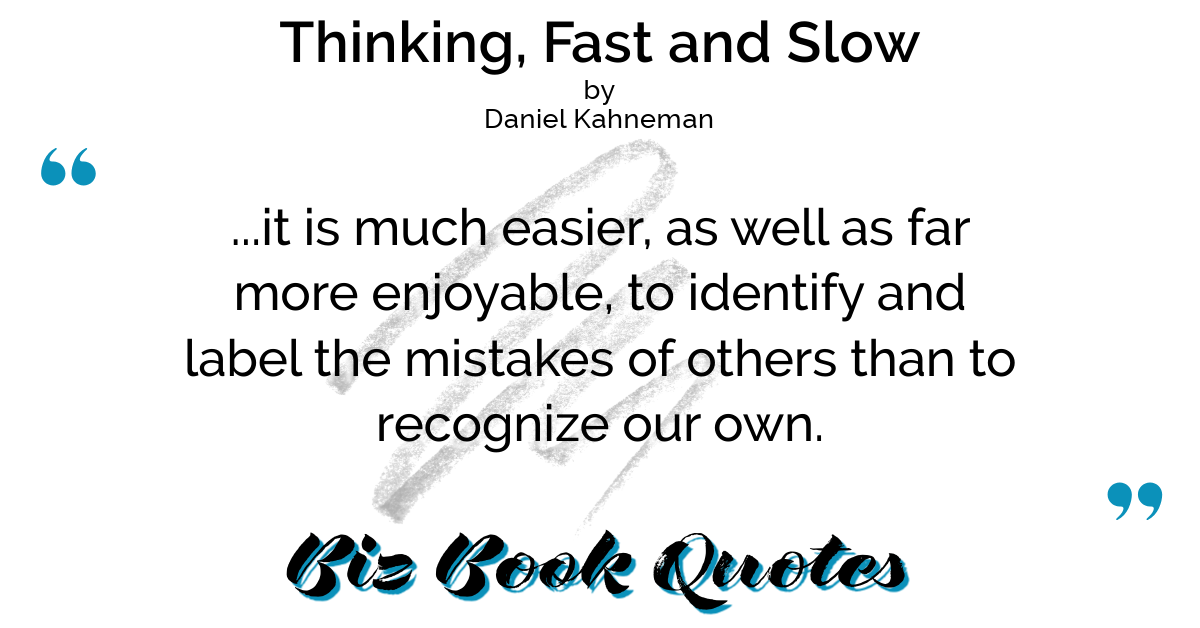 |
…it is much easier, as well as far more enjoyable, to identify and label the mistakes of others than to recognize our own.
|
003 |
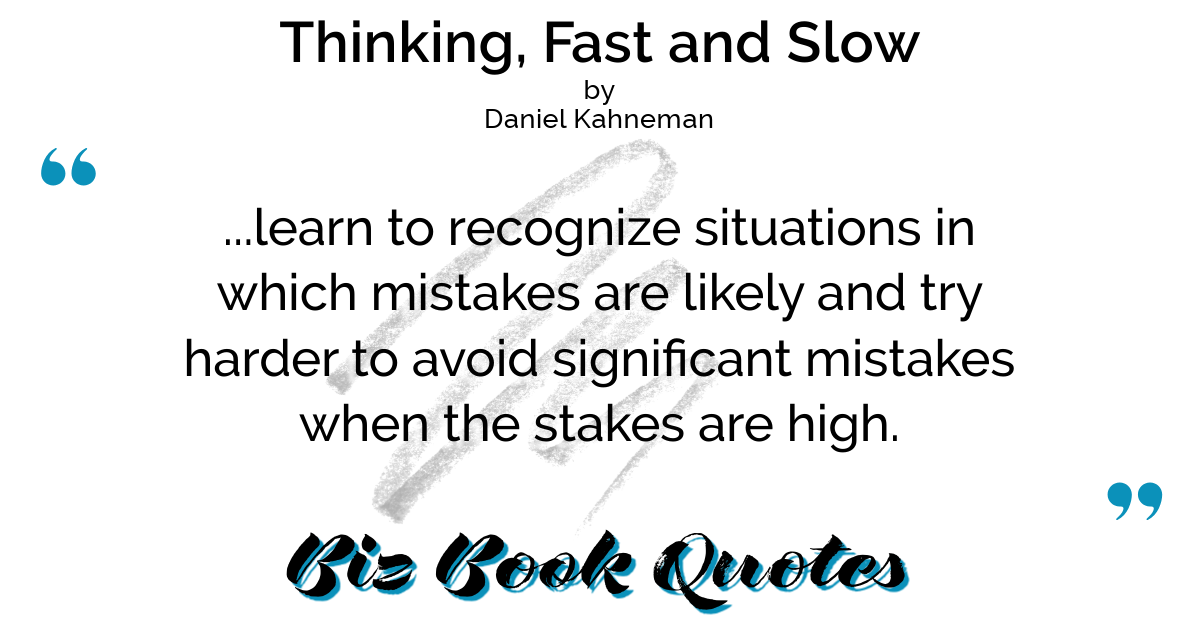 |
…learn to recognize situations in which mistakes are likely and try harder to avoid significant mistakes when the stakes are high.
|
028 |
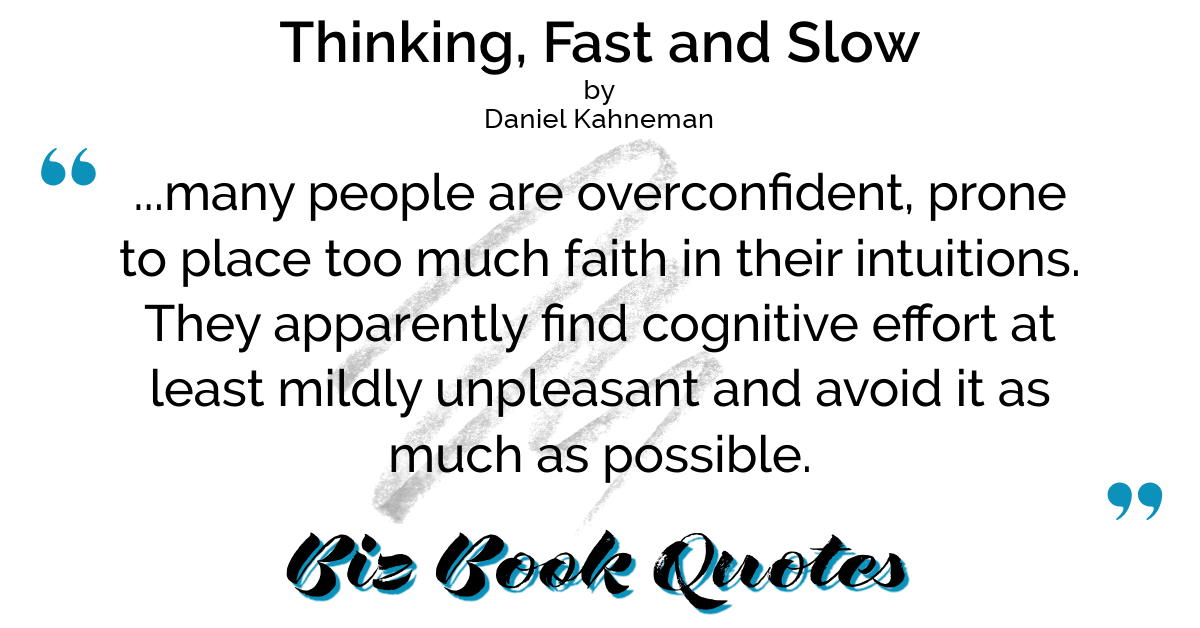 |
…many people are overconfident, prone to place too much faith in their intuitions. They apparently find cognitive effort at least mildly unpleasant and avoid it as much as possible.
|
045 |
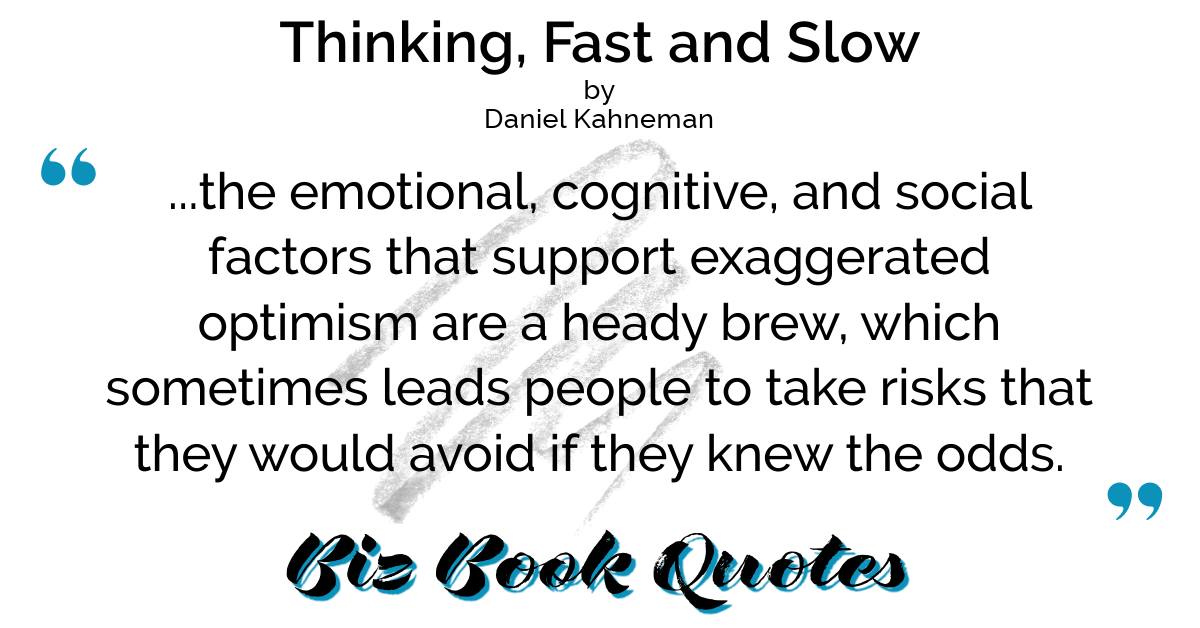 |
…the emotional, cognitive, and social factors that support exaggerated optimism are a heady brew, which sometimes leads people to take risks that they would avoid if they knew the odds.
|
263 |
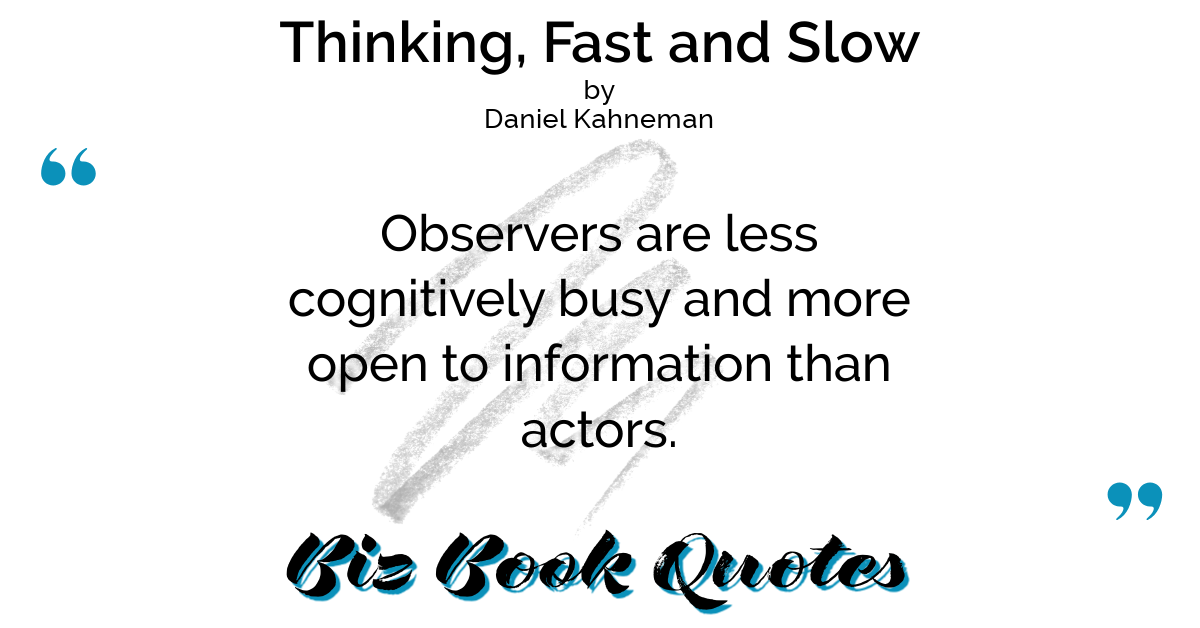 |
Observers are less cognitively busy and more open to information than actors.
|
417 |
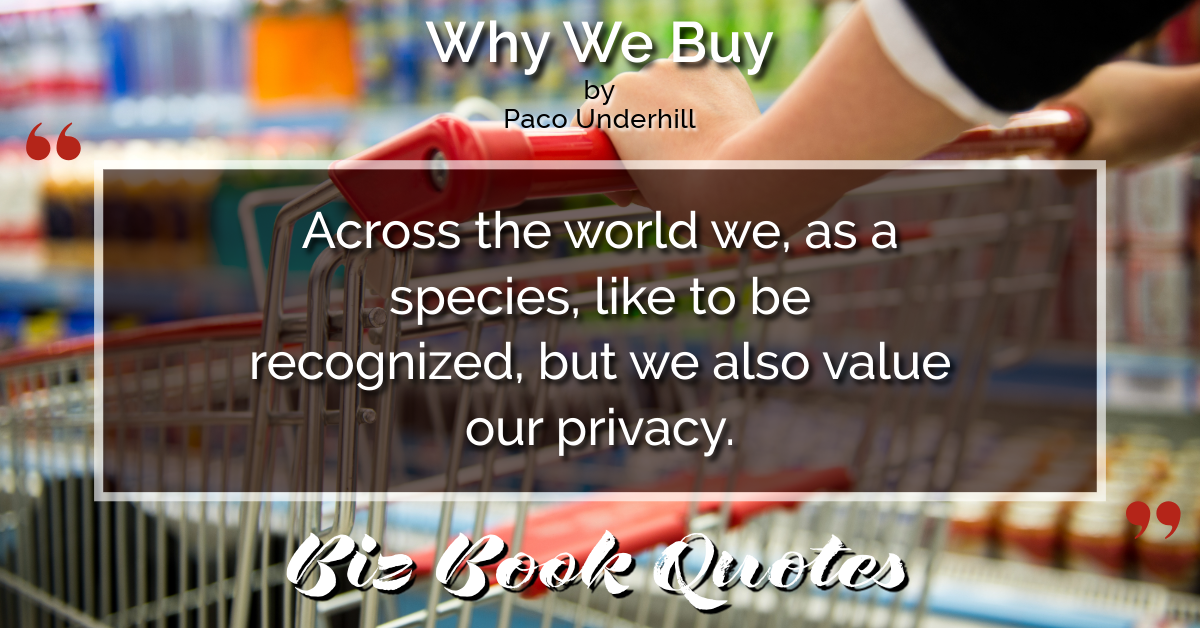 |
Across the world we, as a species, like to be recognized, but we also value our privacy.
|
034 |
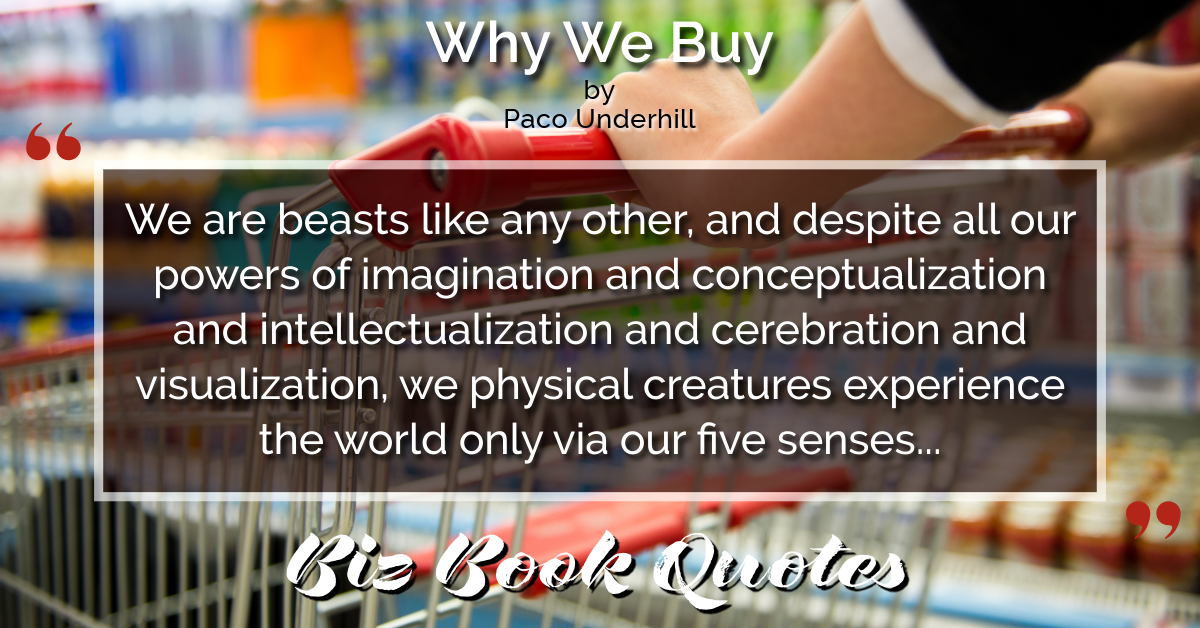 |
We are beasts like any other, and despite all our powers of imagination and conceptualization and intellectualization and cerebration and visualization, we physical creatures experience the world only via our five senses…
|
178 |
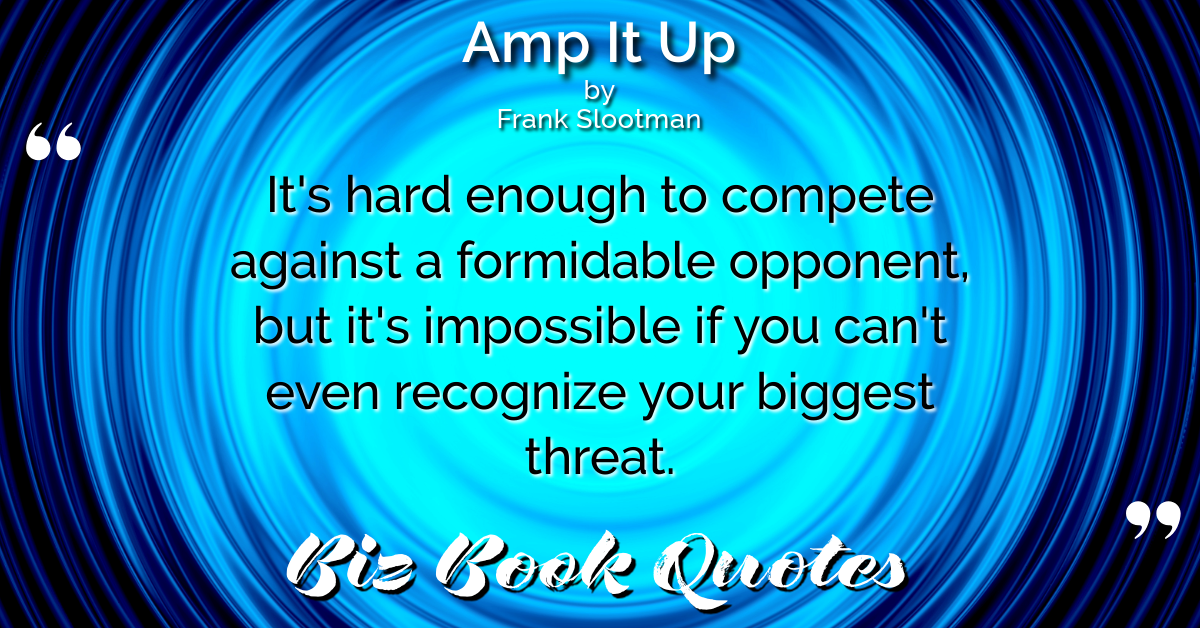 |
It’s hard enough to compete against a formidable opponent, but it’s impossible if you can’t even recognize your biggest threat.
|
060 |
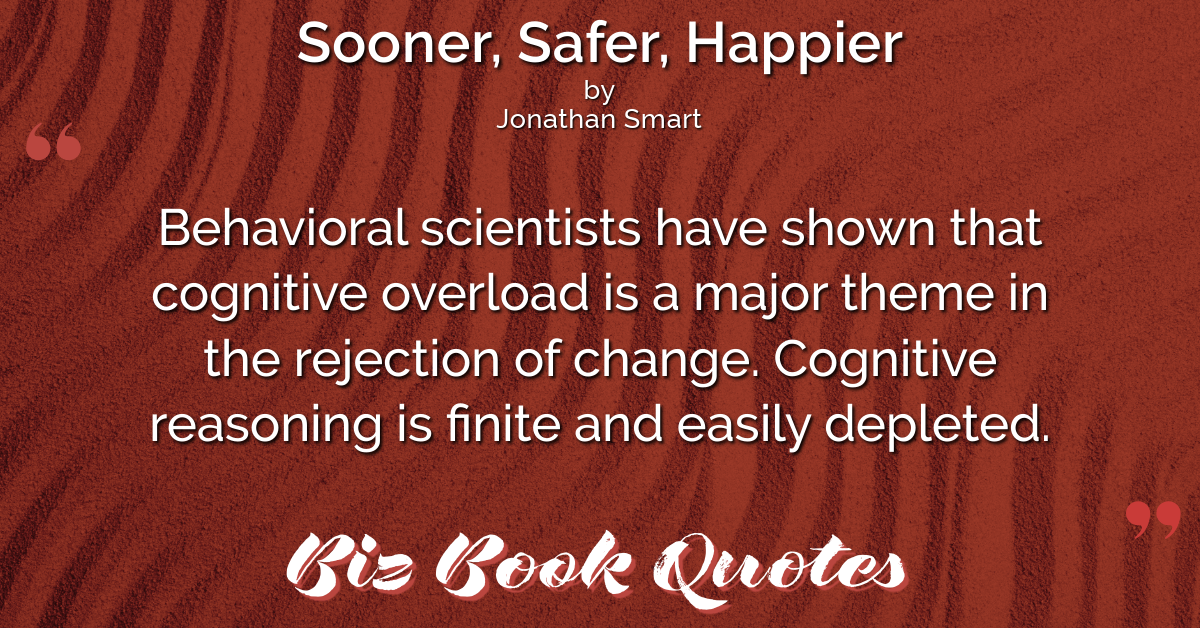 |
Behavioral scientists have shown that cognitive overload is a major theme in the rejection of change. Cognitive reasoning is finite and easily depleted.
|
072 |
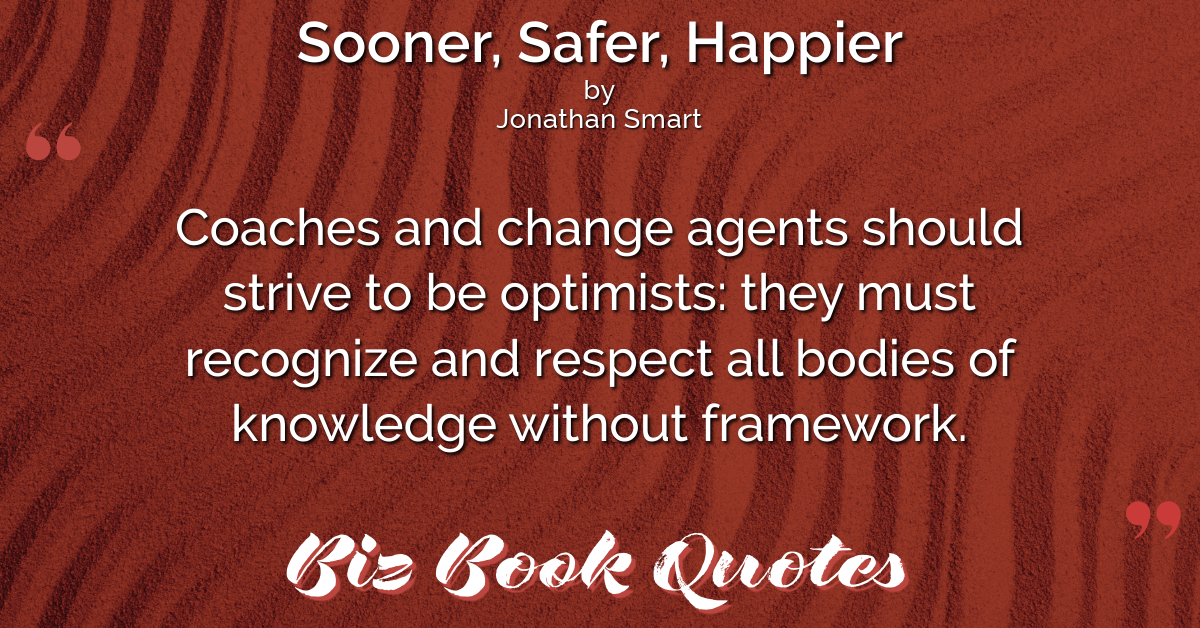 |
Coaches and change agents should strive to be optimists: they must recognize and respect all bodies of knowledge without framework.
|
109 |